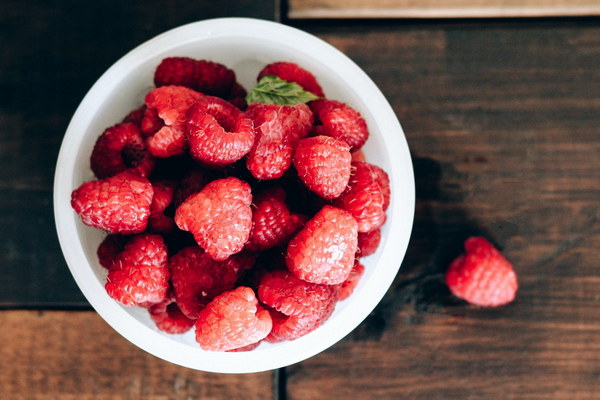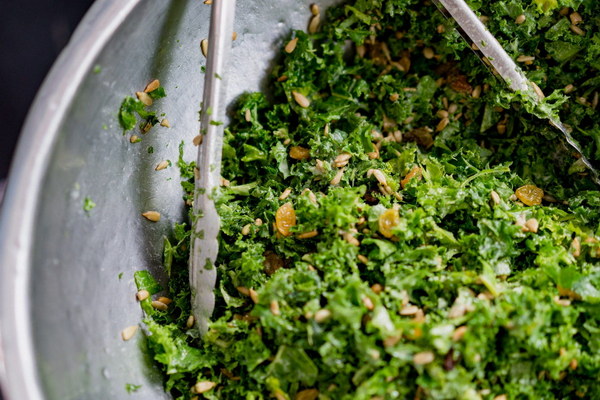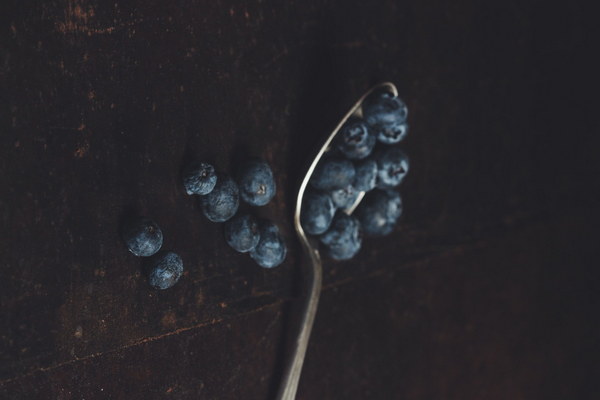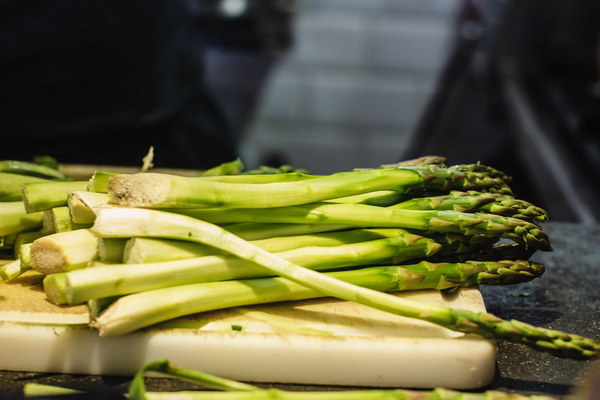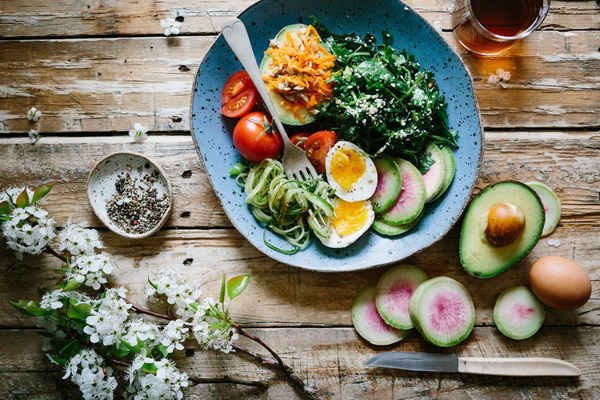Revitalizing Elixirs Unveiling the Healing Power of Chinese Herbs and Ingredients
In the realm of traditional Chinese medicine, the concept of food as medicine has been deeply rooted for centuries. This holistic approach to health and wellness involves the use of various herbs and ingredients that not only taste delicious but also possess potent healing properties. Known as Yao Shan or Herbal Cuisine, these culinary creations offer a unique blend of flavor and therapeutic benefits, making them a true treasure of Chinese culinary tradition.
Imagine sipping on a steaming bowl of Wujia Banma Soup, a nourishing broth that combines the aromatic essence of goji berries, ginseng, and dates. This potent potion is believed to boost the immune system, improve energy levels, and enhance overall well-being. The combination of these natural ingredients creates a symphony of flavors that tantalize the taste buds, leaving you feeling revitalized and rejuvenated.
One of the most famous examples of herbal cuisine is the Shou Sui Tang, a sweet and savory porridge that features ingredients such as Chinese yam, goji berries, and red dates. This delightful concoction is a favorite among the elderly, as it is believed to help improve memory, increase longevity, and enhance sexual vitality. The natural sweetness of the red dates is perfectly complemented by the earthy tones of the yam, making for a harmonious blend of flavors and health benefits.

For those seeking to soothe an aching body, the Du Huo Ji Sheng Soup is a must-try. This warming broth is made with du huo, a Chinese herb known for its anti-inflammatory properties, and other natural ingredients like ginger, scallions, and mutton. The soup is designed to alleviate joint pain and muscle stiffness, making it an ideal remedy for those suffering from arthritis or other chronic conditions. The rich, savory flavor of the soup is sure to satisfy even the most discerning palates.
Herbal cuisine also offers a wide array of options for those who wish to support their respiratory health. The Xian Hua Sheng Tai Soup is a soothing broth that features the star anise, a fragrant spice known for its ability to clear the respiratory tract and relieve coughs. This soup is often served with a variety of vegetables, such as carrots, lotus root, and mushrooms, which add a delightful texture and further enhance the therapeutic properties of the dish.
In addition to soups and broths, Chinese herbal cuisine includes an array of baked goods, teas, and desserts. The Bai Zi Gao, a traditional Chinese pastry, is made with goji berries, honey, and glutinous rice, creating a sweet and chewy treat that is believed to boost energy and improve sleep quality. Similarly, the Lung Ching Cha, a famous Chinese green tea, is known for its ability to aid digestion and reduce stress.
While the flavors and textures of herbal cuisine may vary greatly, one thing remains constant: the focus on health and wellness. These culinary creations are not just delicious, but they also provide numerous benefits to the body and mind. By incorporating these natural ingredients into our daily lives, we can tap into the ancient wisdom of traditional Chinese medicine and experience the healing power of nature.
In conclusion, herbal cuisine is a testament to the profound connection between food and health. By exploring the rich tapestry of Chinese herbal cuisine, we can uncover the hidden treasures of traditional medicine and embrace a healthier, more vibrant way of life. So, the next time you sit down to enjoy a meal, consider the healing properties of the food in front of you, and let the magic of herbal cuisine work its wonders.

